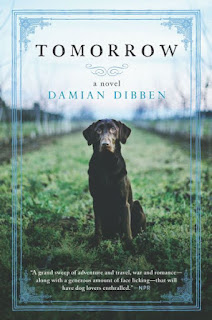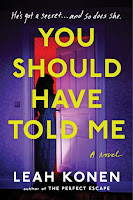
The entry begins:
Regan Merritt is a former US Marshal who left her job after the murder of her only child and her subsequent divorce from her attorney husband. Regan is in her mid-thirties, close to her father, a retired Sheriff living in Flagstaff, Arizona. She moved back home after her son’s death and is putting together the pieces, but when her best friend and former boss, US Marshal Tommy Granger, is shot and killed as he’s leaving his house — after he leaves a cryptic message on her voice mail that he may reopen her son’s murder investigation — she returns to Virginia to find out what he learned that got him killed. In the process, she has to confront her grief, her ex-husband, and seek the truth about her son’s murder, a truth she wasn’t sure she wanted to know.Visit Allison Brennan's website.
I rarely envision actors when I’m writing, though sometimes when I’m done with a book I’ll see an actor who would be perfect as one of my characters. For me, I have an image in my head and run with that, rarely based on a real person. With Don’t Open the Door, I immediately pictured Lauren...[read on]
My Book, The Movie: Don't Open the Door.
--Marshal Zeringue































